4 Minutes
Toyota, in collaboration with tech giants Xiaomi, Huawei, and the autonomous driving specialist Momenta, is setting new benchmarks in the automotive industry. Unveiled at GAC Toyota’s 2025 Technology Day, this ambitious roadmap centers on next-gen electrification, intelligent mobility, and advanced software integration, especially tailored for the burgeoning Chinese market. The initiative leverages the strengths of GAC Toyota—a leading joint venture between Toyota Motor Corporation and Guangzhou Automobile Group—and highlights the brand’s commitment to rapid progress in EV, hybrid, and AI-driven vehicle technologies.
Advanced Vehicle Platforms: Versatility Meets Innovation
Toyota’s approach to electric mobility is rooted in cutting-edge architecture. The newly unveiled BEV (Battery Electric Vehicle) platform is optimized for compact and midsize vehicles, delivering unmatched space efficiency and technological sophistication. Headlining this platform is the Toyota bZ3X, a model that promises innovative design, advanced safety features, and a user-centric cabin—qualities highly sought after by modern EV buyers.
Additionally, Toyota is rolling out a versatile multi-energy chassis designed to underpin BEV, PHEV (Plug-in Hybrid Electric Vehicle), and REEV (Range-Extended Electric Vehicle) models up to 5,300 mm in length. The flagship of this platform, the bZ7 premium sedan, is set for a 2026 release and will be equipped with advanced LiDAR-based driver assistance technology, further cementing Toyota’s leadership in the realm of intelligent electric vehicles.
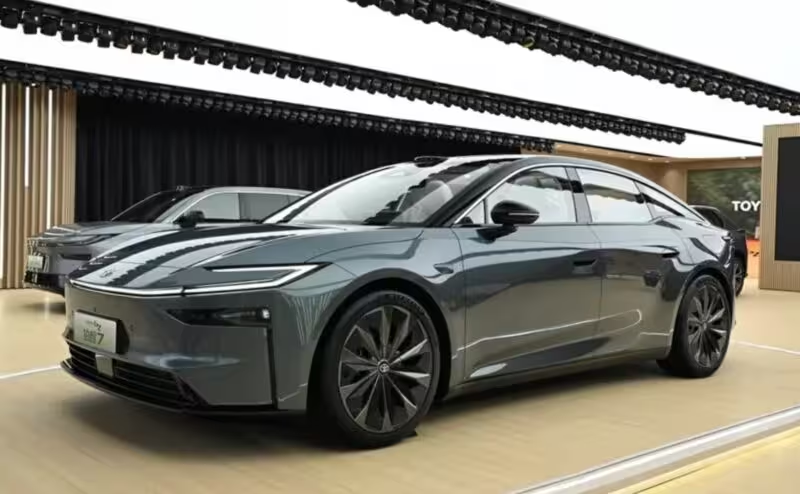
Pioneering Hybrid Technology: Performance and Efficiency
Toyota is charting a three-fold hybrid development strategy. The brand is rapidly deploying its fifth-generation Intelligent Hybrid Dual Engine system, already renowned for its optimal balance of power and fuel efficiency. Simultaneously, work is underway on a sixth-generation system for future-ready performance. By 2027, a new high-output PHEV powertrain will debut in upcoming Chinese-made Toyota Sienna and Highlander models, focusing on brisk acceleration and extended travel range—key factors for families and long-distance drivers.
Cutting-edge Tech Partnerships for a Smarter Driving Experience
Integrating the Xiaomi Ecosystem: Seamless Smart Connectivity
In a pioneering move, Toyota has inked a strategic AI ecosystem alliance with Xiaomi, marking the tech company’s first partnership with a global automaker. The bZ7 will introduce deep integration with Xiaomi smart devices—tablets, AI speakers, and more—for smooth, cross-device connectivity. This initiative extends Xiaomi’s AIoT (Artificial Intelligence of Things) experience from the living room to the road, making smart homes and smart cars a unified reality.
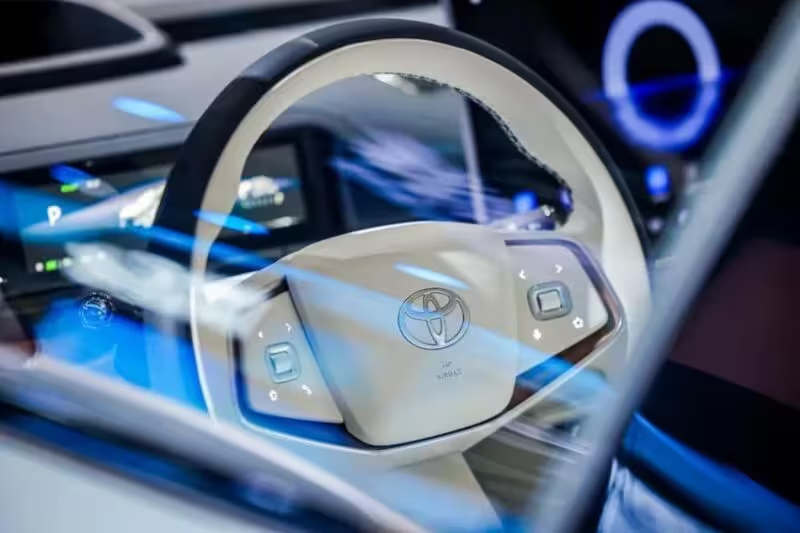
HarmonyOS Cockpit: Toyota and Huawei’s Digital Leap
The bZ7 will also feature Huawei’s latest HarmonyOS 5.0 system atop a robust Kirin processor and a generous 15.6-inch touchscreen, dramatically enhancing in-car digital experiences and compatibility with the local app ecosystem. Together with Huawei and Tencent, Toyota is developing a next-generation AI voice assistant. By 2028, this assistant will evolve from reactive commands to proactive, behavior-driven automation, personalized for each driver and capable of managing a wide range of vehicle functions.
Autonomous Driving and Assistance: Powered by Momenta
Another key collaboration is with Momenta, whose intelligent driving platform will debut on the bZ3X, bringing nearly 50 new advanced driver assistance features. These range from state-of-the-art object recognition to predictive controls via simulated training data, voice, and gesture input. The system’s future roadmap includes real-time scenario reconstruction and a high level of interactivity with vehicle occupants, paving the way toward true semi-autonomous driving.
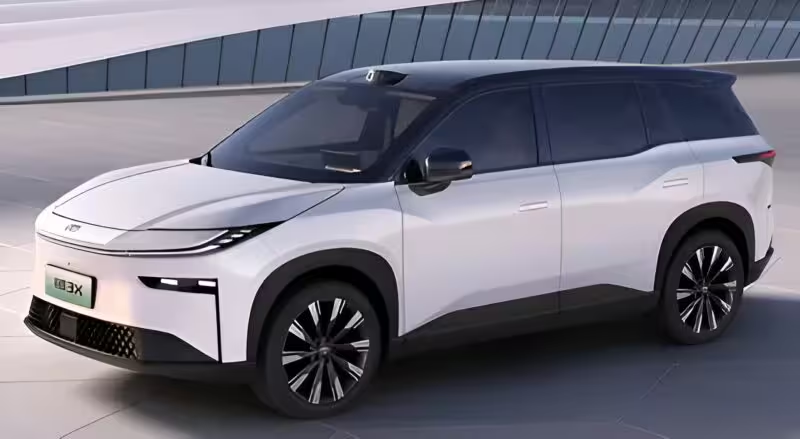
Engineering Highlights: Ride Comfort, Safety, and Architecture
Toyota is introducing a digital chassis system with SDC electromagnetic dampers and dual-chamber air suspension to elevate handling dynamics. This innovative setup reduces body roll by 6% and halves braking shocks, dramatically enhancing both comfort and high-speed stability—a significant step up for luxury and family vehicles alike.
The brand’s most advanced Electronic/Electrical (E/E) architecture now supports over 300 software modules and seamless OTA (Over-the-Air) updates, keeping vehicles digitally fresh. The new AI-powered Battery Management System (BMS) ensures battery safety through diagnostics, thermal control, and real-time health monitoring, supporting Toyota’s reputation for reliability and safety in new energy vehicles.
Market Positioning and Competitive Edge
Through the "China R&D 2.0" strategy, Toyota is empowering its Chinese engineering teams to drive core vehicle design and innovation. Models like the next-generation Camry, Sienna, and Highlander will be conceived with local preferences in mind, giving Toyota a decisive edge in the ultra-competitive Chinese auto market while influencing global automotive trends.
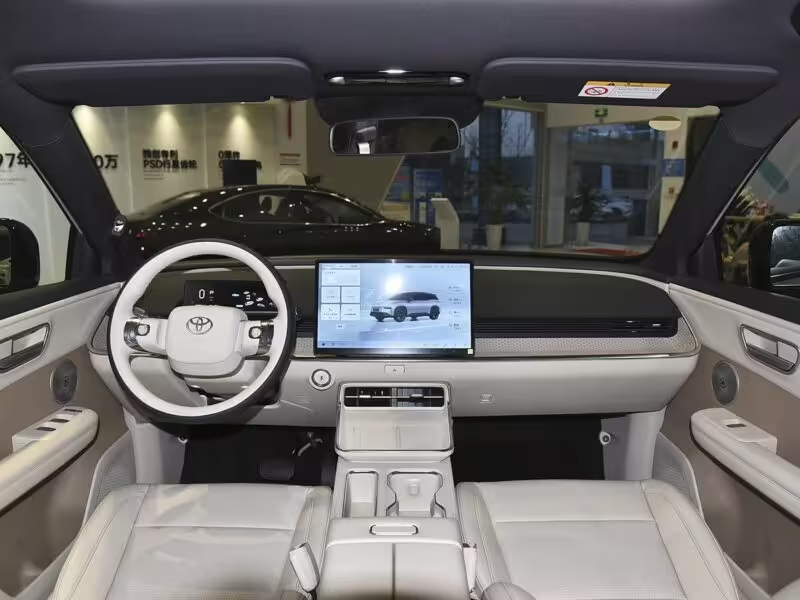
Conclusion: Toyota’s Vision for Next-Gen Mobility
Combining state-of-the-art BEV, hybrid, and smart technologies with high-profile strategic partnerships, Toyota is positioning itself at the forefront of the intelligent mobility revolution. With models like the bZ3X and bZ7 breaking new ground in connectivity, safety, and autonomy, Toyota continues to meet—and exceed—the expectations of today’s tech-savvy car enthusiasts.
Source: carnewschina


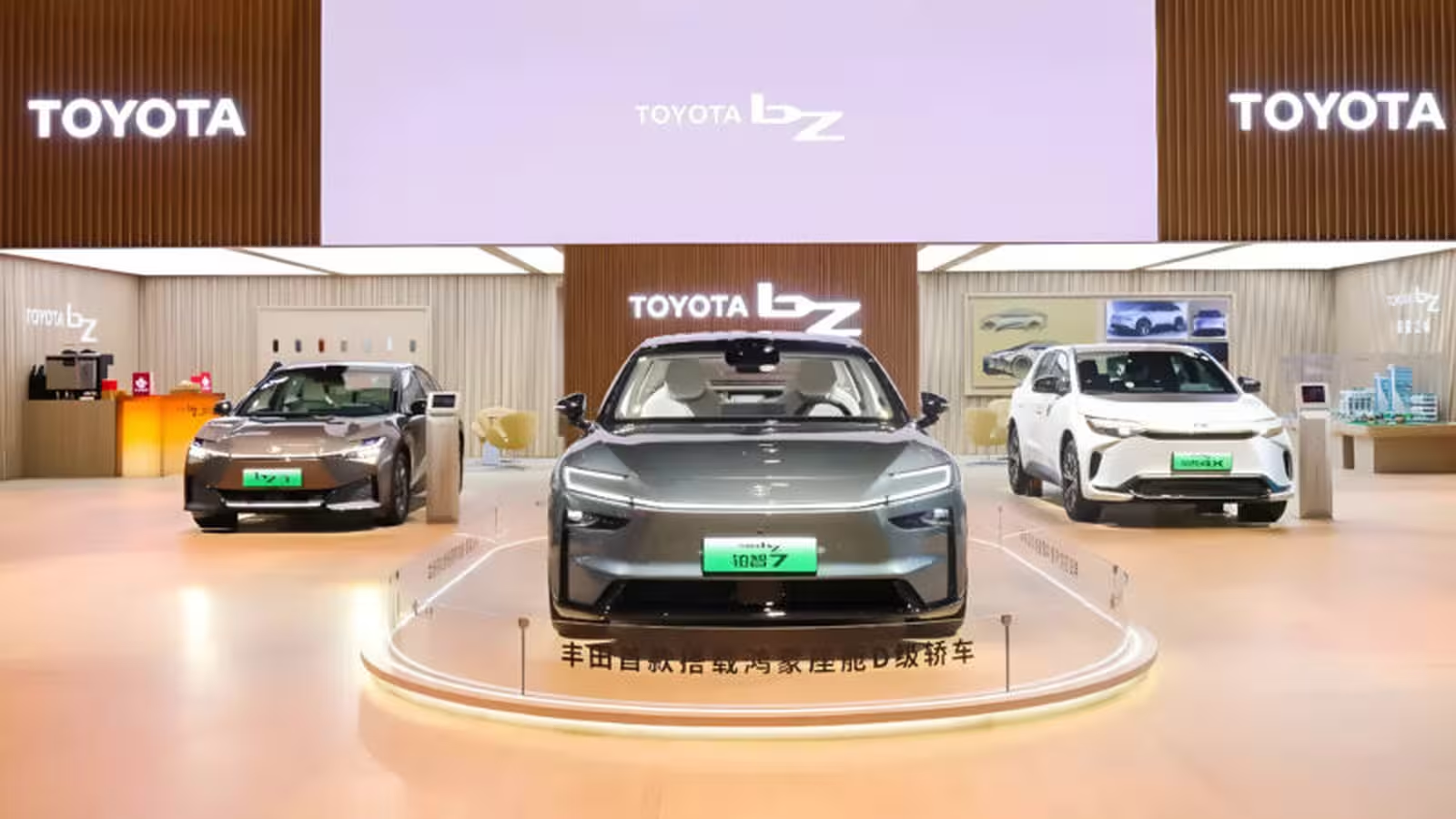
Comments